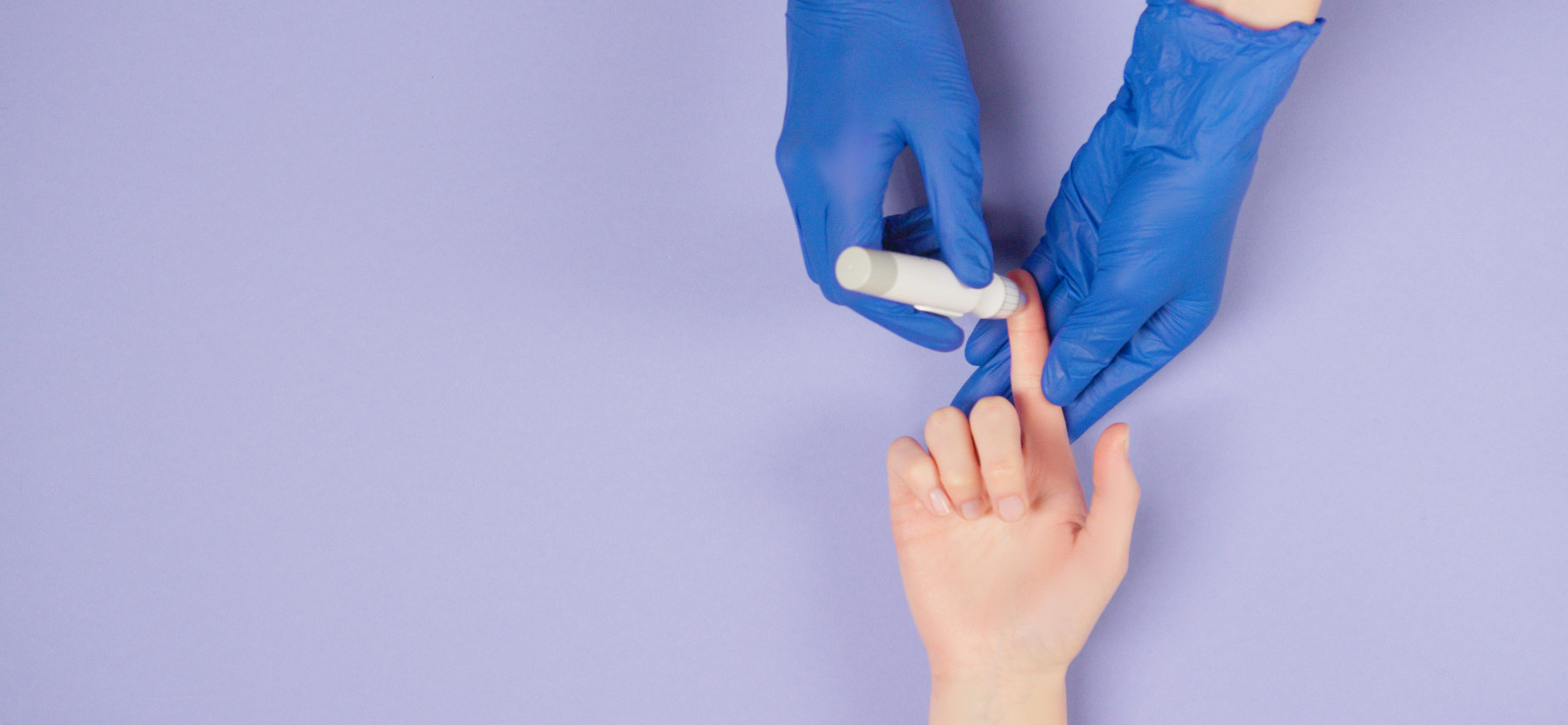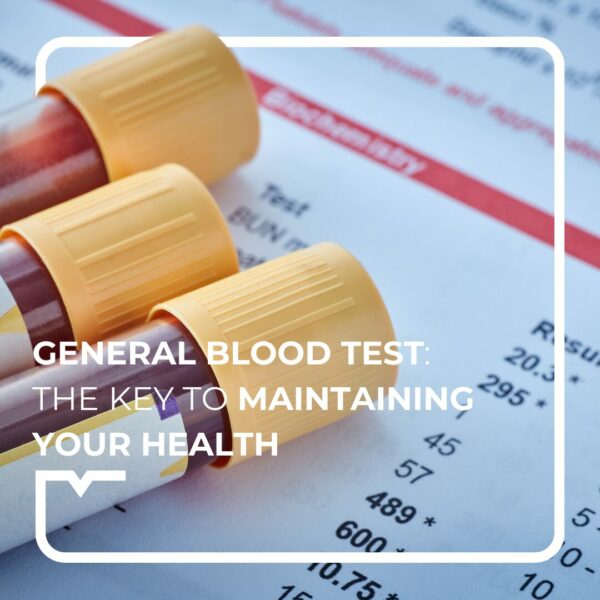Today, we discuss diabetes with…
Aliénor Abada, general practitioner
Élodie Auffray, dietician and nutritionist
Claire Colson, hypnotherapist, naturopath and sophrologist
What can you tell us about diabetes?
Aliénor: Diabetes is a high level of sugar in the blood.
There are 2 types:
- Type 1 diabetes: it is an autoimmune disease that usually occurs in young people and is due to a deficiency in insulin that is secreted by the pancreas. To be able to reduce the sugar level in the blood, people have to take insulin injections.
- Type 2 diabetes (fatty diabetes): It generally comes with age, not from a genetic auto-immune problem like type 1 but from diet, low physical activity, and overweight. It affects all the organs and creates cardio-vascular risk factors.
How can we diagnose diabetes?
Aliénor: The diagnosis is made by a fasting blood test where the sugar level is checked. If it is higher than 1g26, it means that you have a high blood sugar level. The doctor can also test the glycated hemoglobin, that’s what you see on the blood test where it’s marked HBA1C, it is in %, and it should be less than 6.5. It allows us to see the blood sugar level over the last 3 months and not just the blood sugar level at the time we take the blood test. This one is more for tracking every 3 to 6 months.
What are the risks?
Aliénor: Having diabetes, meaning too much sugar in the blood, can have repercussions on the whole body, and in particular on the vessels and we have vessels everywhere. So we can have problems with the brain, the eyes, the heart, the kidneys, all the little nerve endings…
And so concretely, it means that it can lead to strokes, blindness, myocardial infarction, decreased sensitivity for example in the feet, so when you get hurt you don’t feel it and then it gets infected, and so all of this is due to diabetes.
What are the traitment for Diabetes?
Aliénor: There are different types of treatment for type 2 diabetes, the oral anti-diabetic treatments, which are adjusted according to the glycated hemoglobin level. There are also injectable treatments. What you need to know is that prevention is very important: diet is essential and so is physical activity.
How is diet involved in diabetes?
Elodie: Eating well can significantly help you achieve good blood sugar control and limit the risk of complications. Before starting any diet, it is really important to adopt a healthy lifestyle, both for the diabetic person and for the rest of his family. The main actor of diabetes is sugar. It is therefore very important to limit sugar intake in order to relieve the effort made by the pancreas. With this in mind, I propose that we look at the concept of glycemic index.
The glycemic index is a score that measures a food’s ability to raise blood sugar levels. The higher the index, the more sugar the food contains. This is the case, for example, with white bread, sandwich bread, crackers, breakfast cereals, puffed rice cakes, white rice, plain rice, and also pastries and sweets. These foods should therefore be limited or even avoided. On the other hand, it is very important to eat foods with a low glycemic index.
What to put on our plate?
I advise you to put dried vegetables, such as :
- lentils, chickpeas, dried red, white and black beans, whole grains, basmati rice or wild rice on your plate. Also consider spelt, quinoa, buckwheat and oilseeds for example.
While it is important to control the quality of your food to have a good glycemic index, it is not enough. Obviously, the volume of food ingested will also play a role. If you eat a full plate of lentils, your blood sugar level will also rise.
Remember that carbohydrates should fill about a quarter of your plate, but this should be adapted to each individual case.
The last point to know is that there are other factors that will influence blood sugar. For example, if you have proteins, lipids and fibers in your plate, the effect will be positive and the glycemia will increase less. On the other hand, if you eat overcooked pasta, soft or liquid foods, refined or processed products, your blood sugar will rise. The ideal way to have a good glycemic index and to help your intestinal microbiota is to eat cooked and cooled carbohydrates. So let’s go ahead and eat pasta salad, potato salad or rice salad.
What are the naturopaths recommendations?
Claire: For people who suffer from diabetes or who have a predisposition to diabetes, especially in the family, what I advise is to pay attention to the diet, because it is absolutely essential, so have a varied diet with lots of fruit and vegetables, so as to have lots of vitamins and antioxidants.
Also make sure that it is composed of omega 3, which are good fatty acids, which will allow glucose, i.e. sugar, to penetrate the cells better. Where do we find omega 3?
- in the small fish of the cold: salmon, herring, anchovies, sardines, tuna in particular, but pay attention to the places where they are fished, to the quality of the fish obviously so that there is no heavy metals inside.
- in seeds: almonds, walnuts, hazelnuts, cashew nuts, Brazil nuts and also all vegetable oils such as flaxseed oil, rapeseed oil, walnut oil, for omega 3.
I also advise you to eat a diet rich in raw vegetables and fiber, for those who can digest them well, since fiber slows down the absorption of glucose, and therefore of sugar in the cell, which makes it possible to have a much more stable sugar level and one that is more diffused throughout the body throughout the day, in order to avoid peaks in insulin secretion, which are specific to diabetics.
Would you like to check your blood sugar level? It is possible to have a fasting blood test at the Alegria Medical Centre. The results will be sent to you by email within 1 to 5 days.
Book a blood sugar testThis information is not a substitute for medical advice.
You must seek the advice of your doctor or another qualified health professional with any questions you may have regarding your health condition.



